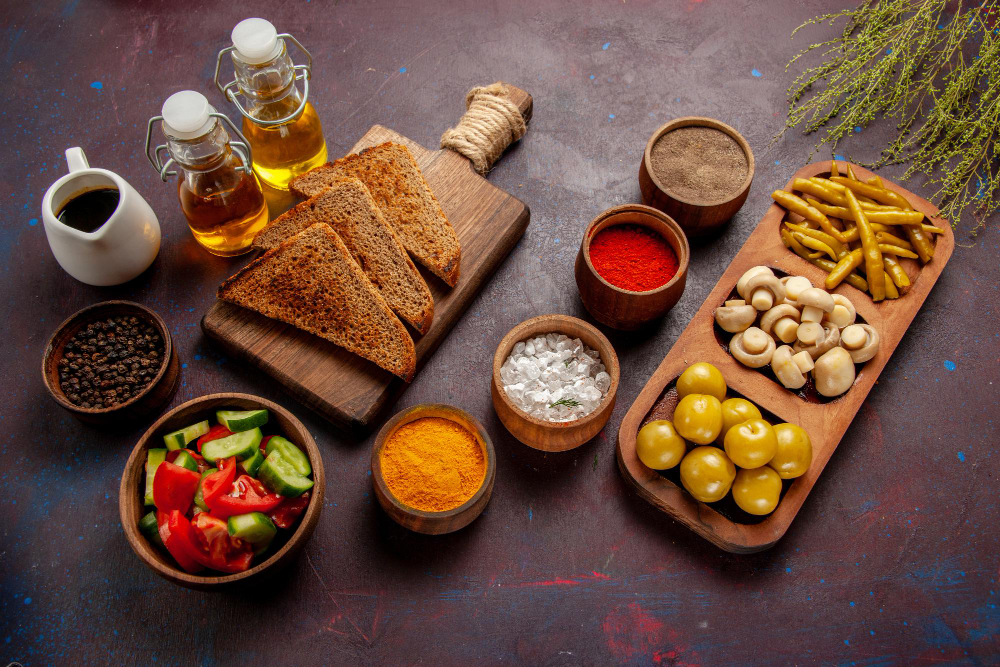Physical Address
304 North Cardinal St.
Dorchester Center, MA 02124
Physical Address
304 North Cardinal St.
Dorchester Center, MA 02124

Have you ever noticed how you crave water after enjoying a deep-fried or oily meal? Here’s the science behind that thirst — and how to manage it naturally!
After eating oily food, saliva production decreases, leaving your mouth dry and triggering an instant need for water.
Fatty foods require more stomach acids, bile, and digestive hormones, which disturb the body’s acid–alkaline balance. Water helps restore this balance.
Oily foods often contain excess salt. When your body flushes out sodium, it also loses water — leading to dehydration and thirst.
Digesting heavy, oily food uses more energy and generates internal heat, causing your body to demand extra water.
Fat-rich meals stay longer in the stomach, stimulating acid production for extended periods. To neutralize this acid, your body draws more water.
Oily foods can trigger insulin spikes. As your blood sugar levels fluctuate, your body uses water to balance internal processes, making you feel thirsty.
When oil is heated for frying, it forms oxidized compounds that increase dehydration inside the body.
Oily dishes are typically low in fiber — which normally helps retain water. Without fiber, your body loses water faster, increasing thirst.
Spicy and oily foods raise body temperature, causing more sweating. As you lose fluids, your body signals thirst to restore balance.
Greasy foods increase blood viscosity (thickness), prompting your brain to signal that more water is needed — hence, the thirst.
⚡ Leads to weight gain and fat accumulation.
💓 Increases risk of heart problems (cholesterol and blood pressure).
🩺 Raises the likelihood of diabetes.
🦠 Strains the liver, possibly causing fatty liver.
🦴 Reduces absorption of fat-soluble vitamins (A, D, E, K).
👉 So, it’s fine to enjoy oily foods occasionally — but daily indulgence not only makes you feel thirsty, it also harms your long-term health.
💧 A small lifestyle change can make a big difference — no medicine, no cost, just the power of natural balance.
This content is for informational and educational purposes only. It is not a substitute for professional medical advice, diagnosis, or treatment. Always consult your healthcare provider for personalized guidance.